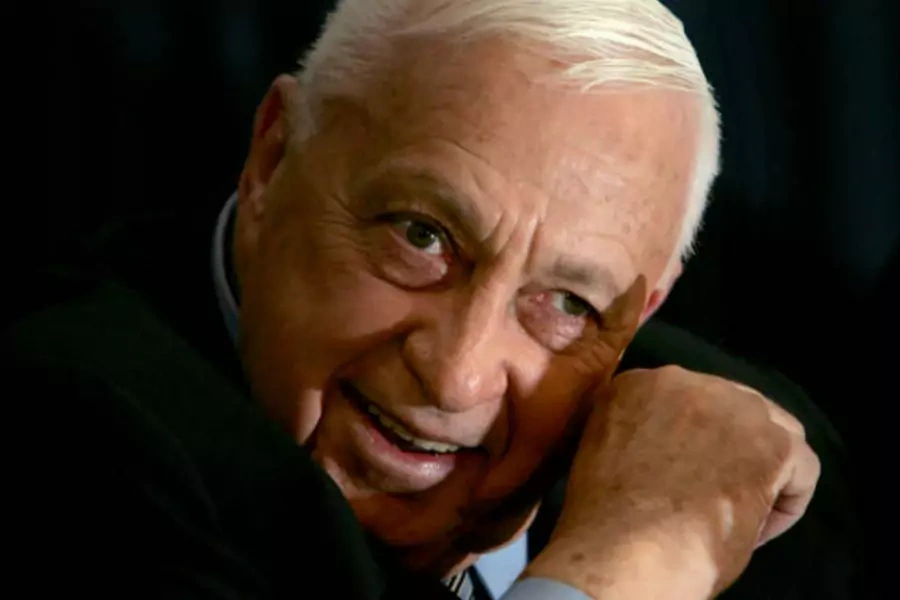Israel’s Ariel Sharon: Always Seizing the Offensive

More on:
Former prime minister Ariel Sharon began every meeting I ever attended with U.S. officials with a greeting that always made me chuckle: “You are mostly welcome.” That welcome revealed his flawed English and perfectly reflected his ambivalence and apprehension about American efforts: He recognized that the United States was the best friend Israel had ever known. But he was ever suspicious that Washington might pressure him into something he did not want to do.
Sharon could wipe the floor with U.S. diplomats he didn’t want to hear from, blocking them from enunciating a single talking point by subjecting them to a lengthy discourse on centuries of Jewish suffering. But I also witnessed a painfully shy man largely silent through lunch with the U.S. president, allowing his longstanding and deeply trusted aide, Dov Weissglas, carry the discussion with hilarious anecdotes.
One of the most important lessons that Sharon applied to the battlefield and to politics was that Israel had to seize the initiative, not simply react to events. He, more than any, appreciated the country’s basic security dilemma: while possessing a strong and highly motivated army, Israel is dwarfed in size and numbers by an inhospitable region. For him, taking the initiative was the enduring legacy of Jewish history, of his military experience, and of his political success.
With the country’s narrow waist of just fifteen kilometers and lack of territorial depth, Sharon embodied the doctrine of taking the offensive and rapidly moving the battle deep into enemy territory. This notion informed Sharon’s battlefield tactics in the 1948 war, his leadership of the infamous Unit 101, his inventive battlefield leadership in Sinai during the 1956 and 1967 wars, and the controversial invasion of Lebanon to eradicate the PLO from Beirut in 1982. The means were sometimes brutal and bloody.
But Sharon applied the lesson of seizing the initiative to the political arena as well. As prime minister, Sharon unilaterally withdrew Israeli troops and some eight thousand settlers from the Gaza Strip in 2005. The move was bold and wrenching for the country. Sharon was forced to leave the Likud and form a new party to do it. But after seeing negotiations with the Palestinians fall apart, Sharon had become convinced that the United States or the international community would present Israel with peace plans he did not like. So he upended everything by launching his Gaza initiative, reversing his longstanding commitment to Israel’s presence there when he calculated that the costs of occupation far outweighed the benefits.
I suspect that were Sharon with us today, he would come up with an imaginative initiative to drive efforts to end the Israeli-Palestinian conflict and counter the danger to his country posed by efforts to isolate or delegitimize Israel in various international fora and organizations. Sharon would likely calculate that for Israel to have maximum influence internationally to thwart Iran’s nuclear ambitions, it would require a daring new approach that had been fully coordinated in advance with the United States. Moreover, as his former advisers readily concede today, Sharon would recognize that the Palestinian Authority is successfully doing the one thing he always wanted them to do: taking real responsibility for fighting terrorism and providing security for themselves, and by extension Israel.
We can never know how Sharon would have led Israel in today’s tumultuous Middle East. But we can be fairly certain that he would have not been purely reactive, given his view that the best defense was a strong offense. Somehow, it is likely he would have initiated a bold approach, most likely one that seems inconceivable to the rest of us today.
More on:
 Online Store
Online Store